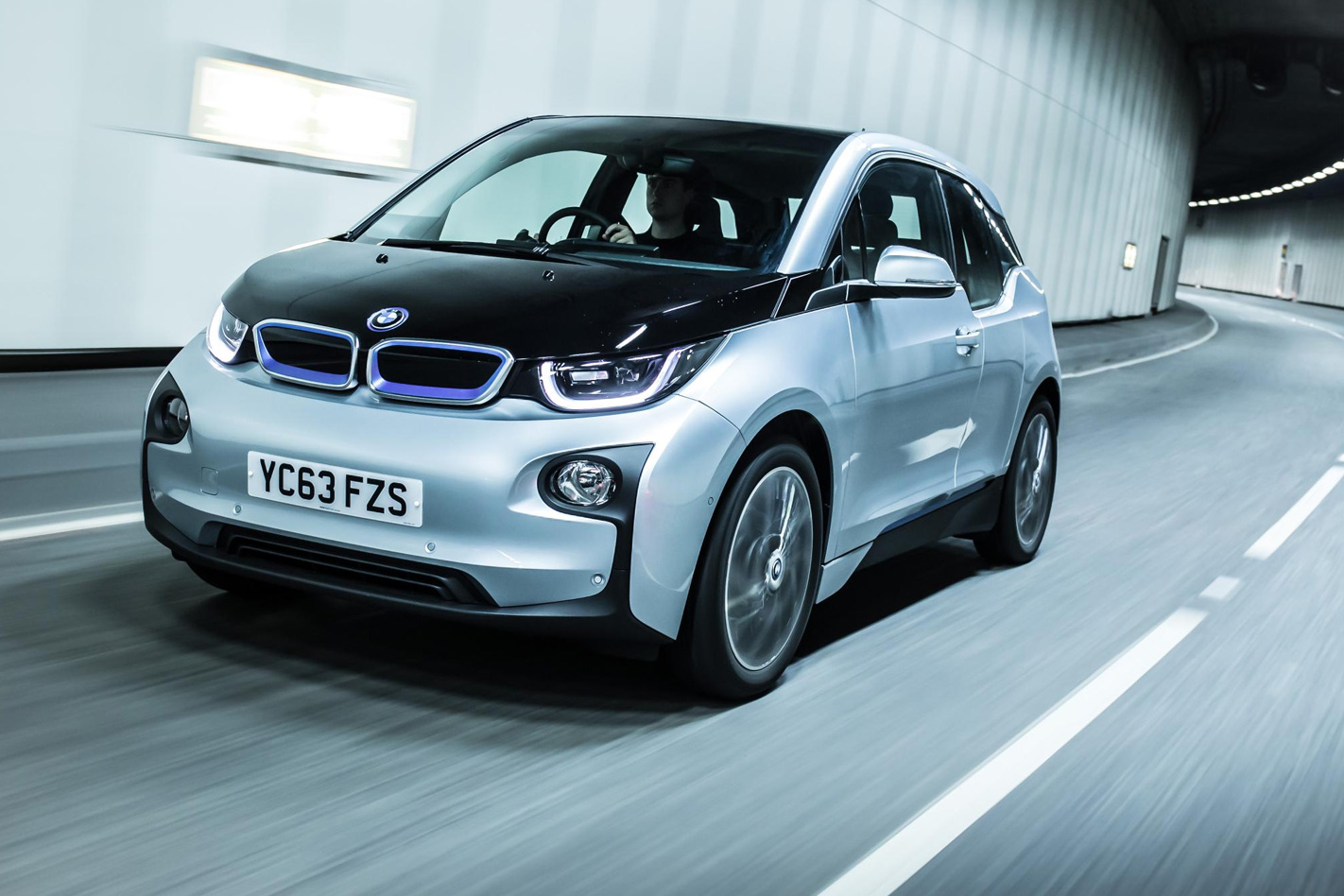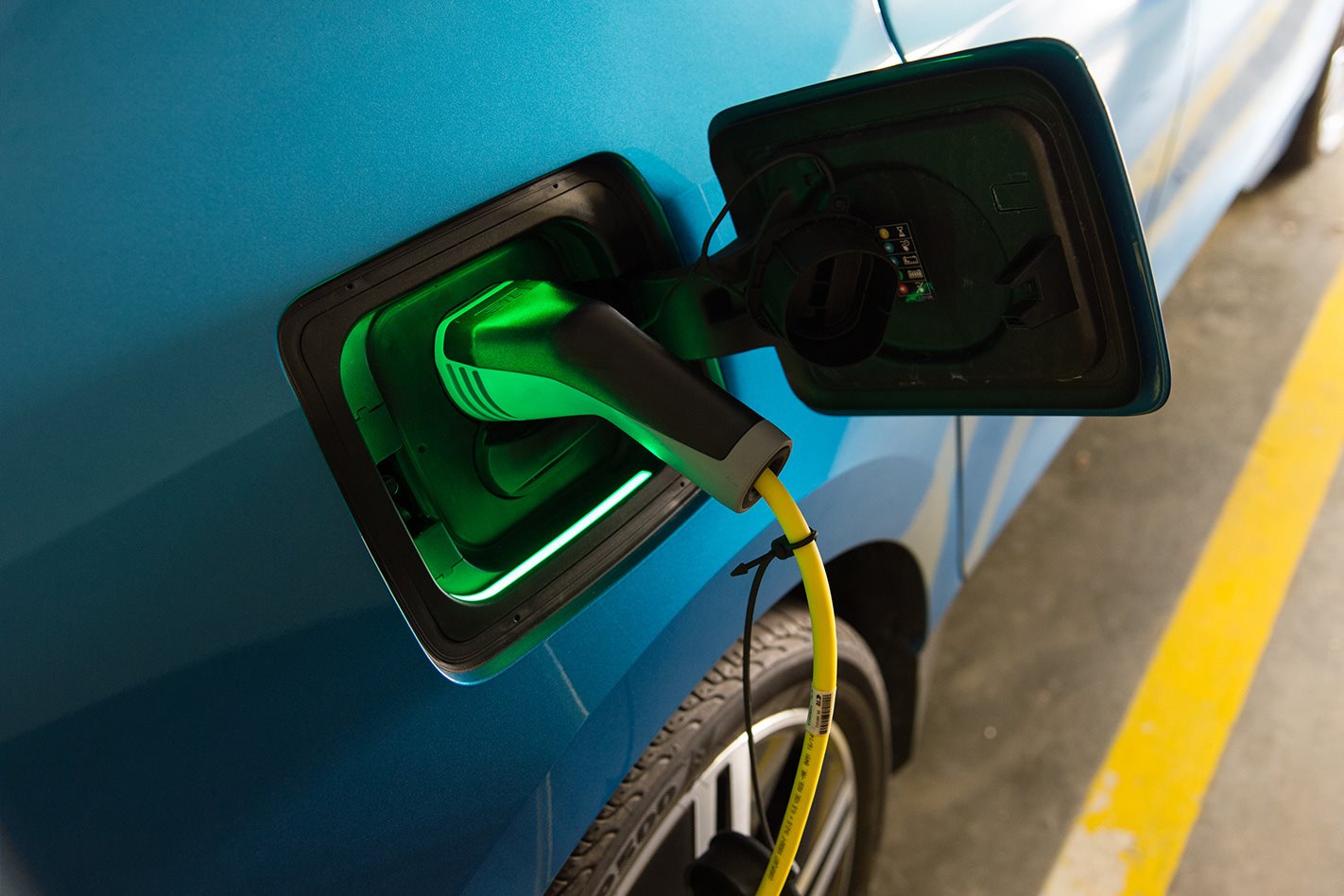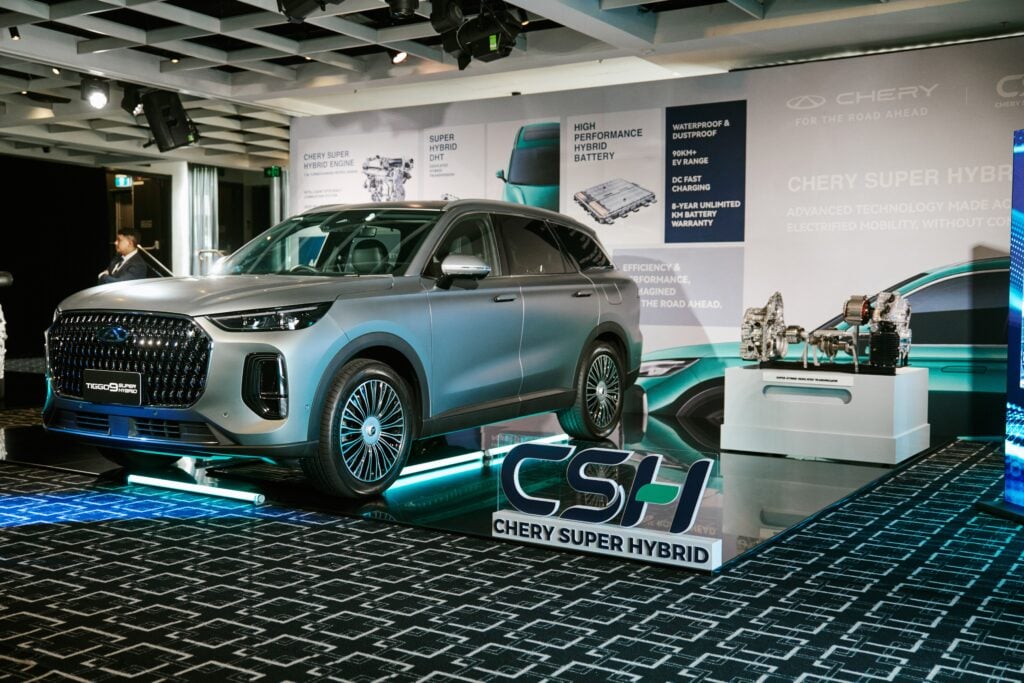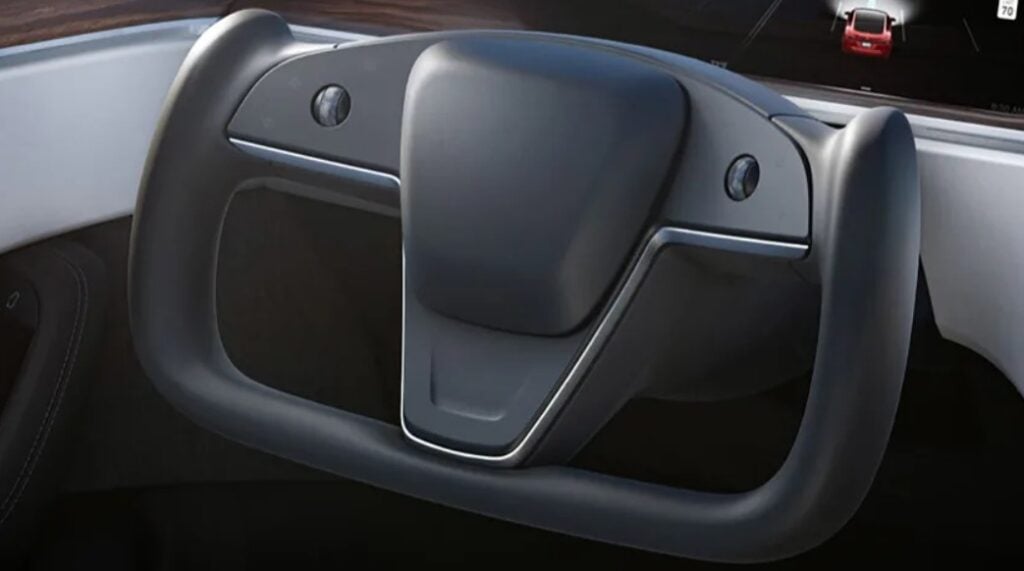Britain will punish diesel-engined cars to pay for the electrification of its vehicle fleet, the government has announced.
The British Government’s autumn budget, revealed this week, has set aside £500 million – the equivalent of $A875 million – to give electric car buyers an almost $A8000 helping hand to buy an electric car, and will match recharging companies pound for pound for the infrastructure they put in place to support battery-powered cars.
As well, all new houses in Britain will be built with the right cables to support electric car recharging.
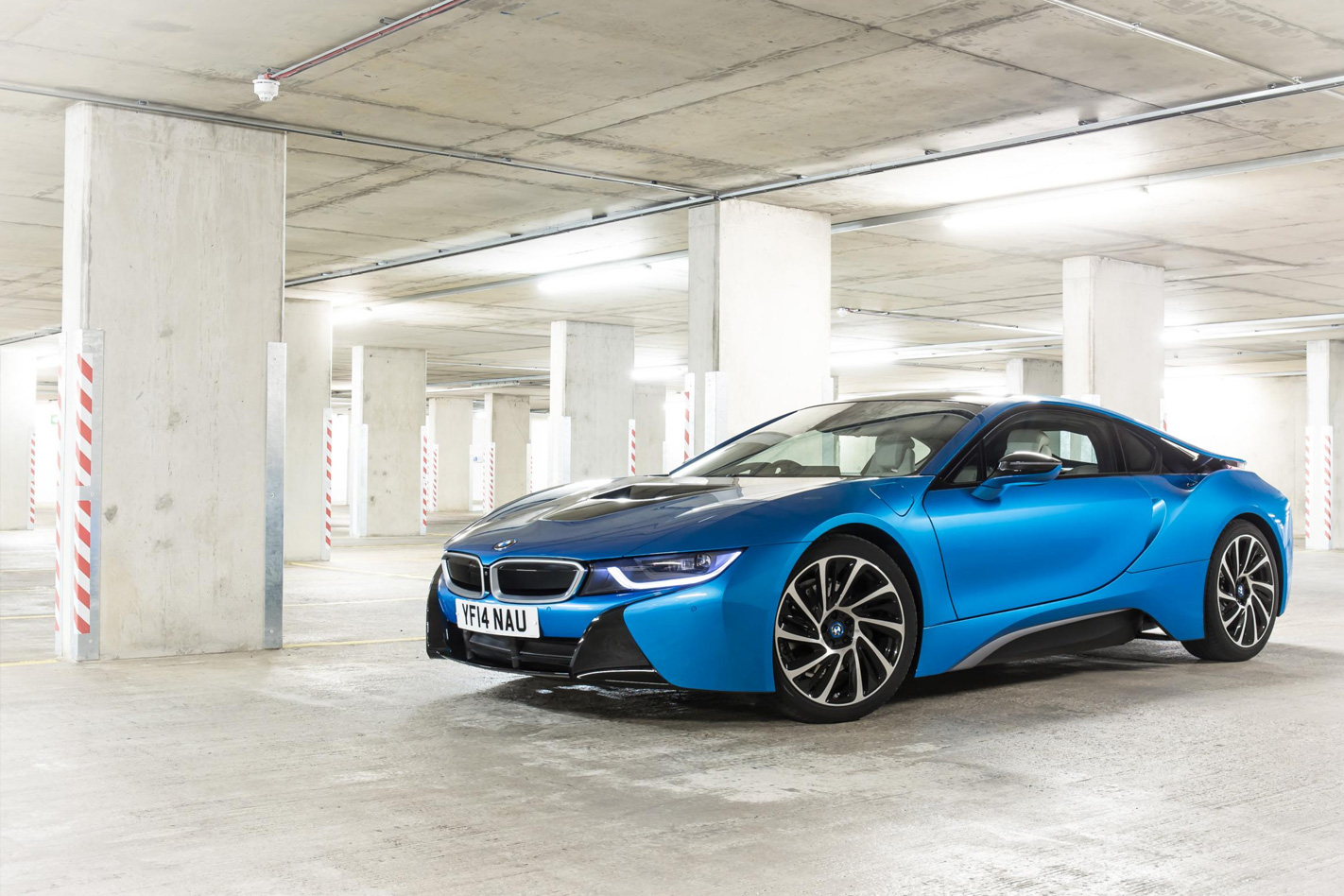
“The government will also provide £100 million to guarantee continuation of the Plug-In Car Grant to 2020 to help consumers with the cost of purchasing a new battery electric vehicle.”
As well, the government said it would not charge fringe benefits tax on electricity used to recharge EVs at the workplace – a deterrent for employers worried about how they would account for workers who recharge their vehicles at the office.
The British support for electrification is in stark contrast to Australia, where incentives appear to be something of a dirty word.
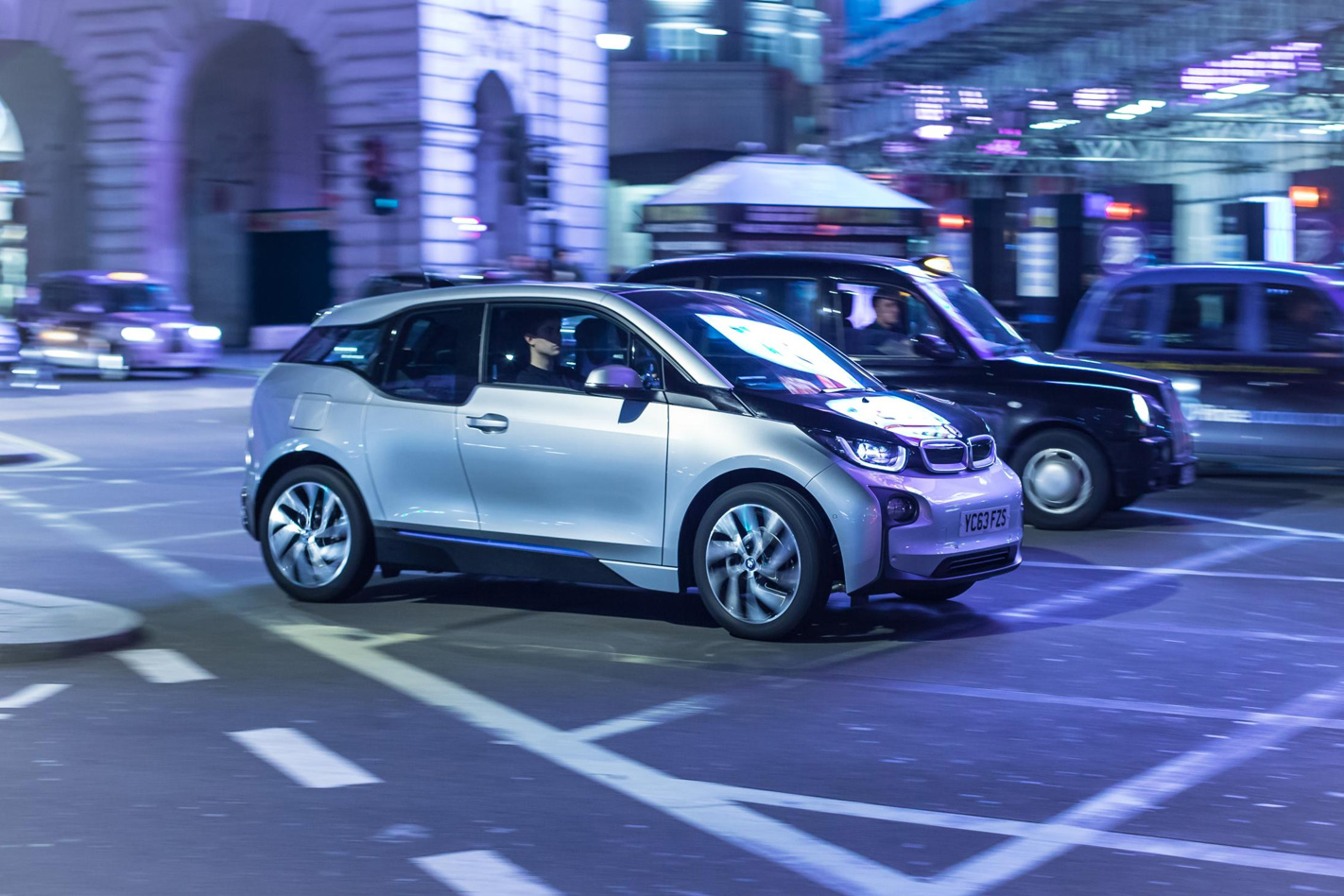
Spokeswoman Lenore Fletcher said government support for electric vehicles from the top level had been “going nowhere”.
“Things are still very, very much in the planning stages [in Australia],” Fletcher told Wheels. “There is some movement [with incentives] at the state level, certainly, but on the whole there’s not a resolution in sight.”
Car brands are seeking similar cash-back incentives offered to electric vehicle buyers overseas, as well as other benefits including discounted or free parking, and special lanes on freeways dedicated to the more fuel-efficient vehicles.
